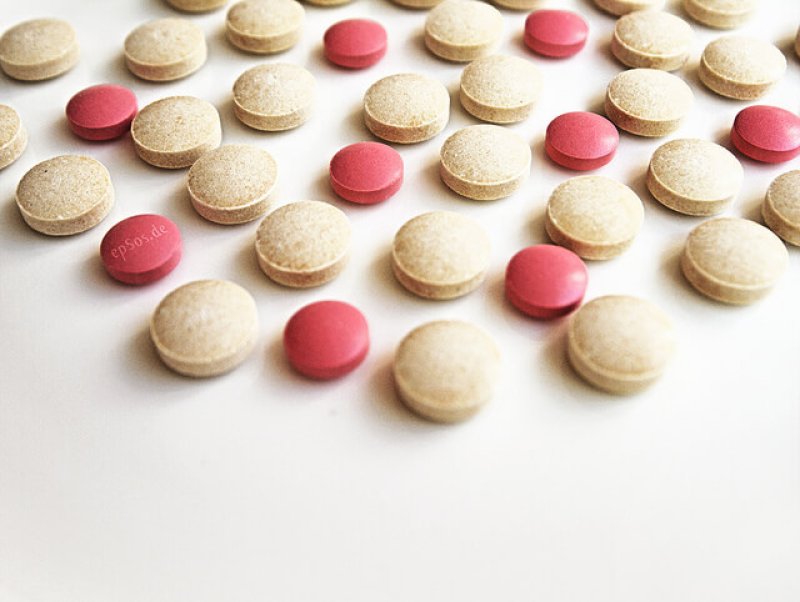Taking a promising compound from the university laboratory to an initial clinical trial is an expensive proposition. Millions upon millions of dollars are required, usually ponied up by a pharmaceutical companies who are interested in developing the chemical into a treatment, eventually. But some diseases are so rare and the potential patient market so small that drug companies aren’t interested in footing the bill.
My idea was to find the labs devising new treatments for this disease, then to sweeten up the professors so they’d accept Dido onto their clinical trials as soon as possible, before disease or the standard therapies killed her. I wanted nothing that was quack medicine. For Dido, I wanted a new treatment from a world-class lab, which had published in world-class journals, was directed by world-class scientists, and wouldn’t torture her wonderfulness away or destroy her brilliant brain with chemicals…
I found one. A team at Uppsala University in Sweden (the university’s hospital is a European Center of Excellence for the treatment of neuroendocrine cancer) had published preclinical data, in international, peer-reviewed journals, of a startling new drug that caused tumours in mice to melt away… But it had been shelved.
No one would provide the £2 million needed to start the clinical trials.
Masters was inspired. Could he get the clinical trial started if he could raise the funds? It would take convincing of the Uppsala scientists, their University’s ethical review boards and finding a donor or donors. It also involved challenging most of the establishment’s ideas dictating how patients should be picked for trials and why they are traditionally funded through academic and pharmaceutical monies.
An Arizona man read about Masters’ project one more in a British newspaper. Vince Hamilton had the same kind of cancer as Dido. And, he wanted in on the trial. Hamilton provided the second million pounds on the condition that he, like Dido, would have access to the drug as soon as it was ready for testing. Both died before they could try it. But their legacy left Masters with an idea. Could this happen again, for other drugs and diseases on a large scale?
Why not extend the principle of selling trial places, to raise money for other Uppsalas and other diseases: not just neuroendocrine cancer, or just cancer, but any illness? There are over 12 million millionaires in the world – any one of these would want to buy a place on a trial if it might purchase relief or stave off death. Every one of them has people they love for whom they’d pay good money to get an extra chance. Why not set up a charitable or private body that would arrange these ‘sales’?
But several ethical issues follow from a switch in funding. First of all, what if the drug works? It’s traditional for pharmaceutical companies to continue providing compounds to trial participants who benefit from the treatment. So, these millionaires or their families via their estates, could be on the hook for funding treatment for the rest of the other participant’s lives. And what if someone wanted to commercialize the idea some lawyers asked Masters? What if by buying into the trial a sick millionaire also purchased an investors stake in the drug? How would that effect the accuracy of the trial?
In the United States, disease advocacy groups often lobby for NIH funding for disease research through Congress, quite effectively according to a soon to be released economics report detailed in Nature, “Each $1,000 spent on lobbying for a condition correlated with a $25,000 increase in funding the following year.” That is a huge return on investment. But when Julia Roberts shows up to talk about Rhett Disease, congressmen listen.
Public health experts worry that garnering funding in this way might skew the limited, now dwindling, pot of fund available for primary medical research away from big, but unglamorous diseases like diabetes, obesity and sexually transmitted infections. Further analysis is needed to see if these lobbied funds make a difference on research impact. Will these diseases get cured faster because politicians and the public are talking about them?
Private funding has always had a place in health charities. And with the growing political desire to keep funding from state-funded research organizations, it’s likely to become more crucial rather than less. If these ideas ultimately help patients who wouldn’t have access to treatments in other ways, we owe it to them to find an ethical way forward.
Meredith Knight is editor of the human genetics section for Genetic Literacy Project and a freelance science and health writer in Austin, Texas. Follow her @meremereknight.
Additional Resources:
Why are scientists vilified when they choose to make money off ideas? Genetic Literacy Project
Peer review on controversial science issues letting all of us down, Genetic Literacy Project
Surrogacy is global business, but loose laws leave murky situation for all involved, Genetic Literacy Project































